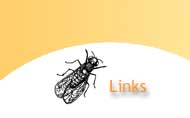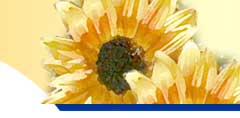|
|
|||
|
|
|||
|
Composting Links: Play Your Part - A Home Guide to
Composting http://www.partselect.com/JustForFun/A-Home-Guide-To-Composting.aspx Composting and Landscaping at
Home http://www.homeadvisor.com/article.show.Composting-and-Landscaping-at-Home.17332.html University of Florida's On-Line Composting Center www.compostinfo.com Cornell University's composting site www.cfe.cornell.edu/compost Microbe Zoo www.commtechlab.msu.edu/sites/dlc-me/zoo Connecticut Department of Environmental Protection's composting site www.dep.state.ct.us/wst/compost/comindex.htm The ROT Web www.a-horizon.com/compost/compost_menu.html For a Wider Environmental View: Recycle City www.epa.gov/recyclecity/mainmap.htm Affluenza www.pbs.org/affluenza Hazardous Chemicals www.epa.gov/oppt/kids/hometour/ Composting Resources: A manual for setting up a school-wide composting program is available in pdf format.
Composting Lessons and State Standards for Learning Lessons about the composting process address concepts outlined in the Science Curriculum Frameworks established by The Connecticut State Department of Education (March 1998) for grades 5-8. Content Standard 1: The Nature of Science
Content Standard 3: Living Things and Their Environment
Content Standard 4: Units of Structure and Function
Content Standard 5: Relationships of Structure and Function
Content Standard 7: The Earth
Content Standard 11: Structure of Matter
Content Standard 12: Energy
|
|||
|
|
|
||
|
|
|||
|
|
Home
| Overview |
About | Benefits | Glossary
|
||
|
|







